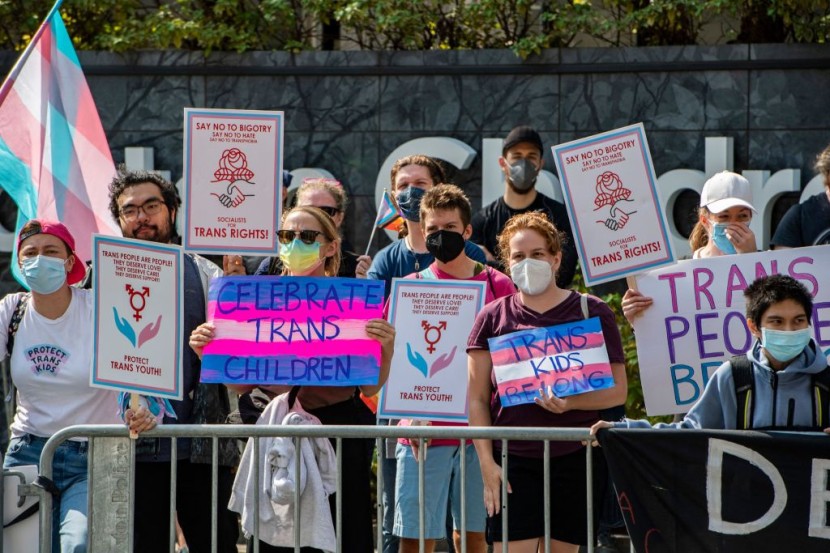Family members who are fighting to have North Dakota's restriction on gender-affirming health treatment for children declared unconstitutional have suffered an early setback when a court decided not to immediately lift the ban.
On Monday, November 13, the plaintiffs' plea for a temporary restraining order was turned down by District Judge Jackson Lofgren, as reported by ABC News. Also, they have requested a preliminary injunction to halt the law's implementation temporarily until the outcome of their case. In January, there will be a hearing on their petition.
The lead attorney for the three families and pediatrician who filed the lawsuit, Brittany Stewart of Gender Justice, expressed her clients' disappointment with the decision. Still, she remained confident that the court would ultimately rule that lifting the healthcare ban permanently was the only just, equitable, and constitutional resolution.
The almost five-month delay in bringing the case, as well as the plaintiffs' assertion that they belong to a protected class that the North Dakota Supreme Court has not recognized or that requires a novel application of state constitutional principles, were highlighted by Judge Lofgren.

Prohibition on Children's Gender-Affirming Care
Notably, it is illegal for a doctor to conduct gender confirmation surgery on a juvenile and to prescribe or administer hormone therapy or puberty inhibitors to them.
The ban's proponents contend that the risks of some medical procedures and treatments for children are too high to be dangerous. It has been argued that the prohibition would have a negative impact on transgender adolescents since they are at a greater chance of depression, self-harm, and suicide and because no surgeons were offering these procedures in North Dakota prior to the ban.
The Republican governor of North Dakota, Doug Burgum, signed the measure into law in April, but not before lawmakers added a "grandfather clause" protecting children already undergoing therapy. However, Stewart claims that providers are not willing to risk it because of the vagueness of that phrase. The families have been venturing out of state to seek treatment that is more inclusive of their children's gender identities.
Also Read : Texas School Board Reverses Course, Allowing Transgender Student To Sing in Lead Role in Musical
Similar Legislation Across the United States
Nearly a dozen other states with Republican-led legislatures have approved similar restrictions on gender-affirming treatment for children in recent years, spawning multiple challenges that are still being litigated. North Dakota is one of these states.
While legal proceedings are ongoing, courts in Arkansas, Georgia, Indiana, and Montana have blocked the implementation of comparable care prohibitions.
A Florida court has upheld the ban's validity in general but only for individuals who did not contest it.
Although judges temporarily halted enforcement in the three states of Alabama, Kentucky, and Tennessee, federal appeals courts have already ruled that the law may go into effect.
© 2026 HNGN, All rights reserved. Do not reproduce without permission.








